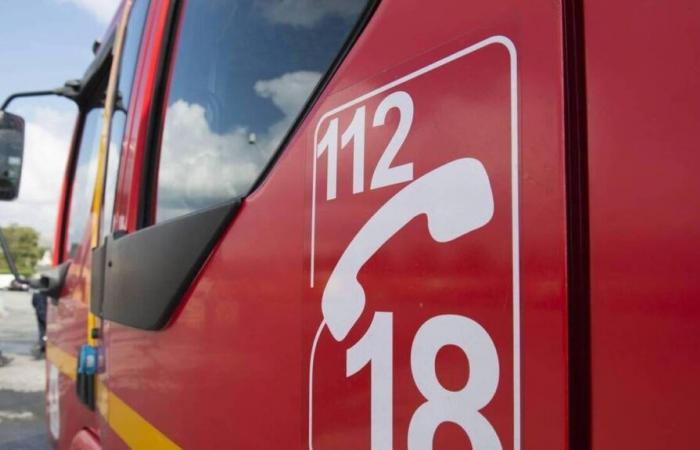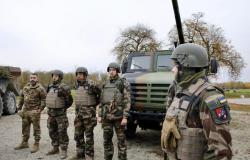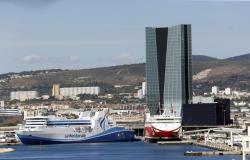The A84 is closed on one lane in the Caen – Rennes direction due to a pileup that occurred this Friday, November 22, 2024. This happened a little before 2 p.m., in the Villedieu-les-Poêles sector (Manche) , at kilometer point 186. The pileup involved eight cars, all of which were on the slow lane, the emergency lane or the embankment. Traffic is difficult.
Read also: Four injured in the Channel after an accident involving a mobile gendarmes car
Five people hospitalized
Among the sixteen victims identified, five (three men aged 20, 23 and 49 and two women aged 23) were transported to various hospitals in the area. A 40-year-old woman, for her part, refused to be transported. Ten other victims “unharmed”, according to Sdis 50, were left on site.
In total, 34 firefighters from the Villedieu, Percy, Avranches and La Haye-Pesnel emergency centers were mobilized to carry out actions to secure and care for victims.
Four ambulances, a protection vehicle and a road rescue vehicle responded. They were accompanied by a fire van, a personnel transport vehicle and a nurse.






